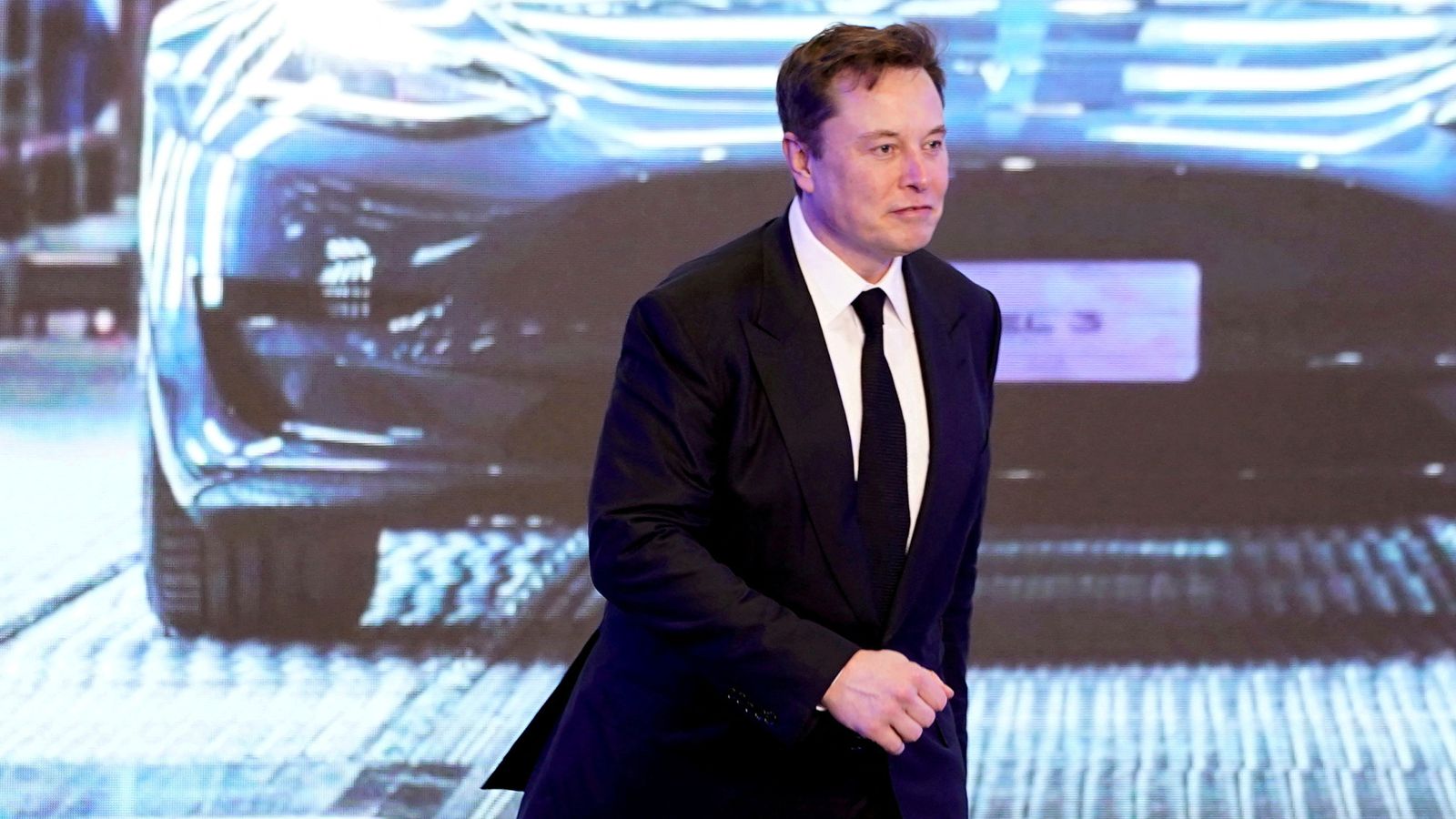Amazon has won a legal fight with the European Union (EU) over an order it had tp pay €250m (£214m) in back taxes to Luxembourg.
The US tech firm – no stranger to court battles with the bloc – faced accusations it had received a preferential tax deal from Luxembourg in violation of EU state aid rules.
But the EU’s General Court found that the European Commission had failed to prove an “undue reduction of the tax burden” on the company’s European subsidiary.
The judgment was seen as a fresh blow to EU competition chief Margrethe Vestager’s tax crackdown on US multinationals, coming just 10 months after failing in her bid – opposed by Dublin – to force Apple to pay €13bn (£11.6bn) in back taxes to Ireland.
She has, however, successfully made Belgium, Ireland, Luxembourg and the Netherlands change their tax ruling practices and voiced support for the renewed effort by the Organisation for Economic Cooperation and Development (OECD) to secure an international deal on how multinational companies are taxed.
The bid to secure a global agreement has been spurred by US president Joe Biden who has voiced support for a minimum corporate tax rate as he looks to help pay for a vast domestic infrastructure plan.
The figure his administration has suggested is 21% and cash-strapped G20 governments are likely to support it in a bid to draw a line under years of tax avoidance rows.
Amazon is among firms continually under fire from politicians in the UK for the amount of corporation tax it pays versus the profits it makes in the country.
The OECD said last week that the chances of a global deal had never been higher.
However, it would deal a savage blow to nations such as Ireland which has attracted a string of big name US tech firms through a corporate tax rate of 12.5%.
Amazon, which is facing a separate dispute with the EU over its use of business data to compete with merchants using its platform, welcomed Wednesday’s ruling.
The company said the decision was in line with its “long-standing position that we followed all applicable laws and that Amazon received no special treatment”.
Ms Vestager said she would examine the ruling before deciding whether to appeal to Europe’s top court.




